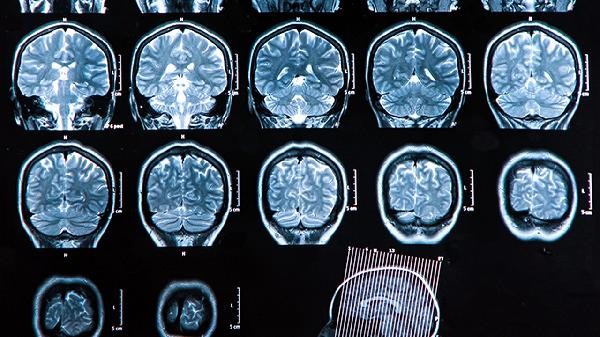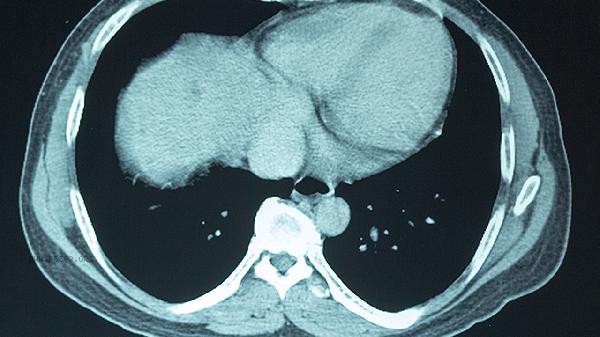The dysfunction of the prefrontal cortex can be improved through cognitive training, aerobic exercise, mindfulness meditation, social interaction, and nutritional supplementation. Frontal lobe injury may be caused by factors such as traumatic brain injury, neurodegenerative diseases, long-term stress, alcohol abuse, or cerebrovascular disease. It usually manifests as symptoms such as decreased decision-making ability, emotional loss, attention span, executive dysfunction, or memory impairment.

1. Cognitive Training
Targeted cognitive training can stimulate prefrontal neural plasticity. Working memory exercises such as numerical breadth tests can enhance information processing abilities, and problem-solving tasks can improve logical reasoning skills. Continuous structured cognitive training can help rebuild neural connections and improve executive function. It is recommended to choose a professionally designed cognitive rehabilitation program and undergo multiple short-term training sessions per week.
2. Aerobic exercise
Regular aerobic exercise can promote frontal lobe blood flow perfusion and neurotrophic factor secretion. Moderate intensity exercises such as brisk walking and swimming can increase gray matter volume and improve brain oxygen supply efficiency. The brain-derived neurotrophic factors produced during exercise contribute to neuronal survival and synaptic remodeling. Maintain aerobic exercise multiple times a week, with each session lasting for a certain amount of time for better results.
3. Mindfulness meditation
Mindfulness practice improves function by enhancing the regulation of the prefrontal cortex on the limbic system. Focused breathing training can improve the duration of attention, while body scanning exercises can enhance emotional regulation abilities. Long term meditators experience an increase in thickness of the prefrontal cortex, leading to more coordinated default mode network activity. Daily short-term mindfulness training can help restore cognitive control function.

4. Social Interaction
Complex social activities require multi tasking ability in the frontal lobe. Interactive activities such as group games and deep conversations can activate the mirror neuron system and stimulate social cognitive functional areas. Meaningful social participation can reduce stress hormone levels and promote neurotransmitter balance. Maintaining regular social interactions helps maintain prefrontal executive function and emotional management abilities.
5. Nutritional supplementation
Specific nutrients have a supportive effect on frontal lobe repair. Omega-3 fatty acids are important components of neuronal membranes, and antioxidants can alleviate neuroinflammatory damage. Moderate supplementation of vitamin B and cholinergic substances helps with neurotransmitter synthesis. The diet should include brain boosting foods such as deep-sea fish and nuts, and nutritional supplements should be used under the guidance of a doctor if necessary. The rehabilitation of prefrontal function requires multidimensional comprehensive intervention. In addition to the above methods, maintaining a regular schedule and sufficient sleep are crucial for nerve repair. Avoid neurotoxic substances such as alcohol and control chronic stress levels. Severely injured individuals should undergo regular neuropsychological assessments in conjunction with professional medical rehabilitation programs. Establishing a structured daily life plan, gradually increasing the difficulty of cognitive challenges, and cooperating with a social support system involving family members can significantly improve rehabilitation outcomes. During the rehabilitation process, attention should be paid to individual differences and training intensity should be dynamically adjusted based on functional changes.









Comments (0)
Leave a Comment
No comments yet
Be the first to share your thoughts!